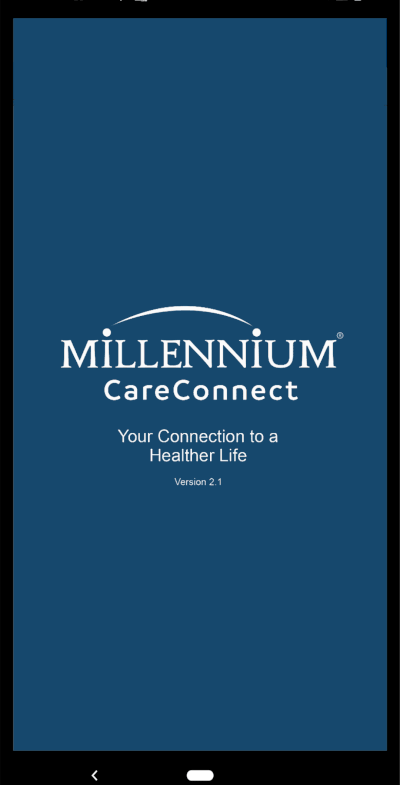

Slide 2
Need care now?
Make an appointment today with one of our
many doctors ready to see you now.
Slide3
Find a doctor.
Get a team.
Get a team.
Learn about our philosophy of care and
connect with a doctor and care team for life.
 Your Safety is our Priority! Masks May Be Required at Millennium Offices. Learn more...
Your Safety is our Priority! Masks May Be Required at Millennium Offices. Learn more...View our walk-in medical centers and pre-register
for a time convenient for you.
Get connected today and find a doctor to
start your healthier life.
At Millennium Physician Group, you can trust that you and your loved ones will receive the very best medical care by our highly skilled physicians and staff members.
Millennium Physician Group is the employer of choice for physicians, nurse practitioners, physician
assistants, nurses, medical assistants, billing associates, business professionals and so much more!
Find out if Millennium is the right employer for you!

Good health is in your hands with the Millennium CareConnect app.
The most convenient way for you to get the care you want when you need it!